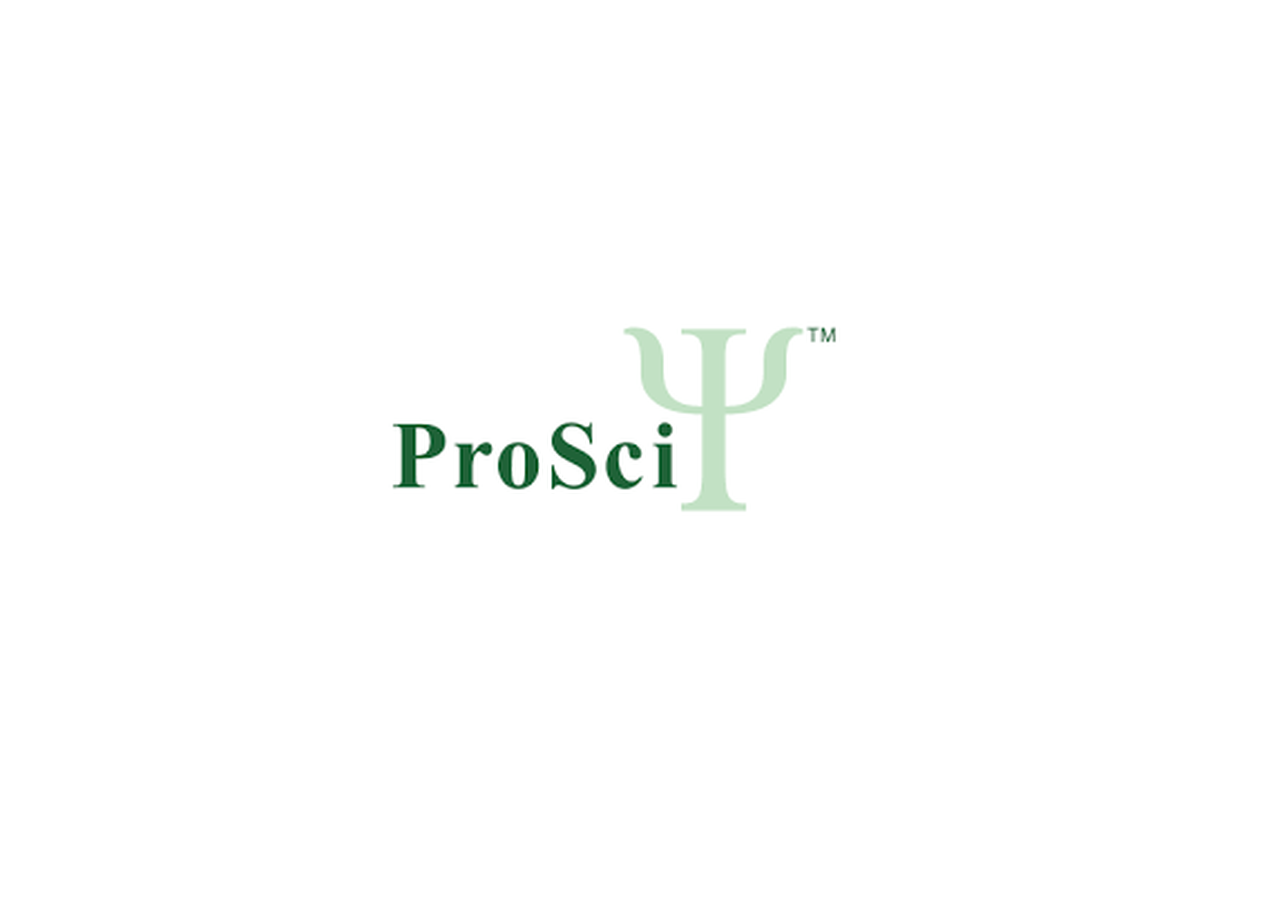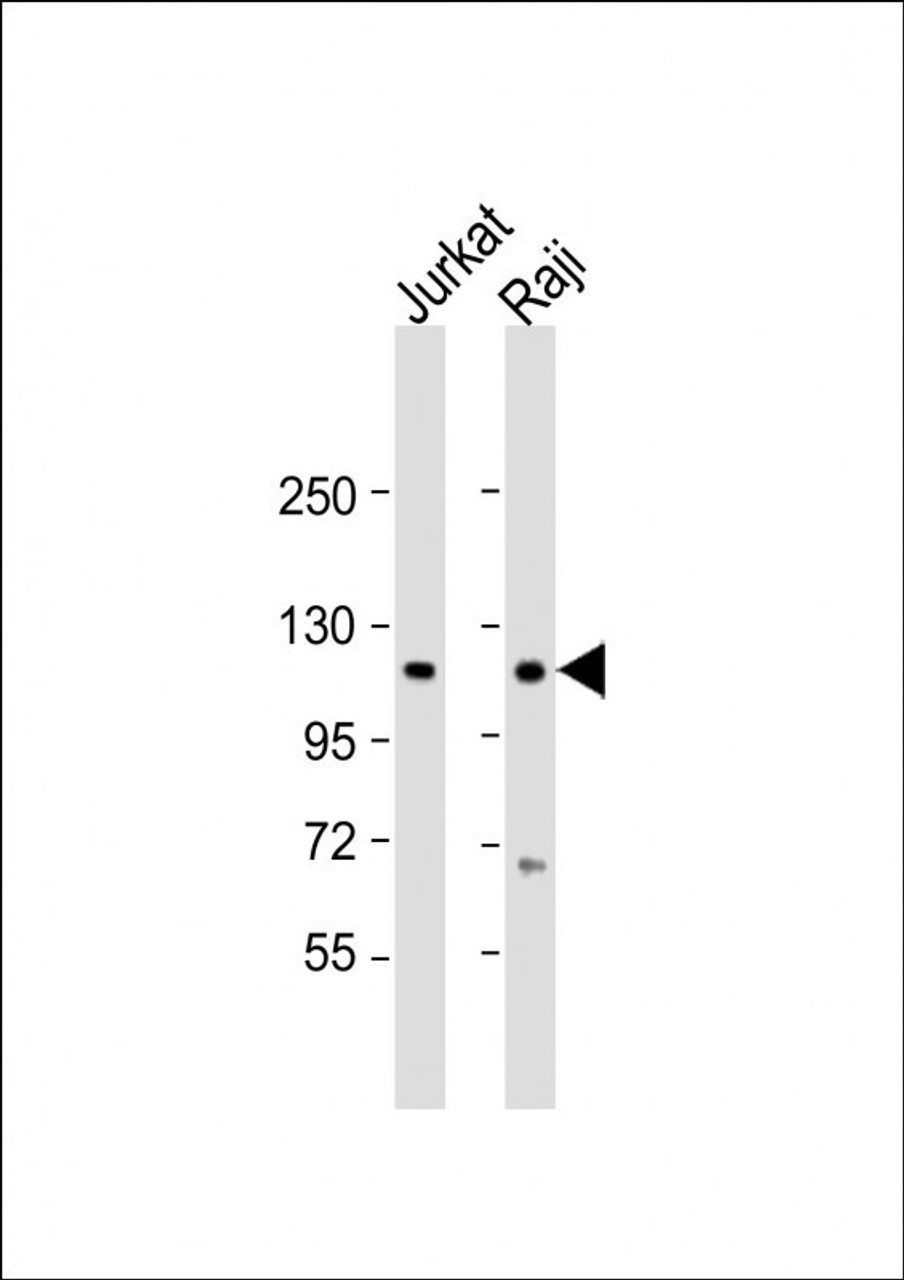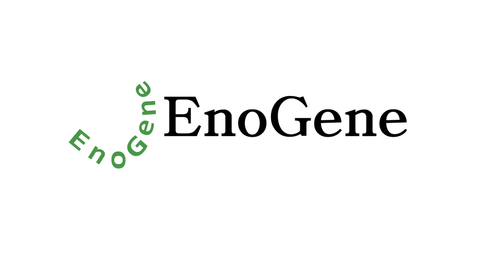Product Description
WHSC1 Antibody | 58-927 | ProSci
Host: Rabbit
Reactivity: Human
Homology: Predicted species reactivity based on immunogen sequence: Mouse
Immunogen: This WHSC1 antibody is generated from rabbits immunized with a KLH conjugated synthetic peptide between 1061-1089 amino acids from the C-terminal region of human WHSC1.
Research Area: Other
Tested Application: WB
Application: For WB starting dilution is: 1:1000
Specificiy: N/A
Positive Control 1: N/A
Positive Control 2: N/A
Positive Control 3: N/A
Positive Control 4: N/A
Positive Control 5: N/A
Positive Control 6: N/A
Molecular Weight: 152 kDa
Validation: N/A
Isoform: N/A
Purification: This antibody is purified through a protein A column, followed by peptide affinity purification.
Clonality: Polyclonal
Clone: N/A
Isotype: Rabbit Ig
Conjugate: Unconjugated
Physical State: Liquid
Buffer: Supplied in PBS with 0.09% (W/V) sodium azide.
Concentration: batch dependent
Storage Condition: Store at 4˚C for three months and -20˚C, stable for up to one year. As with all antibodies care should be taken to avoid repeated freeze thaw cycles. Antibodies should not be exposed to prolonged high temperatures.
Alternate Name: Histone-lysine N-methyltransferase NSD2, Multiple myeloma SET domain-containing protein, MMSET, Nuclear SET domain-containing protein 2, NSD2, Protein trithorax-5, Wolf-Hirschhorn syndrome candidate 1 protein, WHSC1, WHSC1, KIAA1090, MMSET, NSD2, TRX5
User Note: Optimal dilutions for each application to be determined by the researcher.
BACKGROUND: This gene encodes a protein that contains four domains present in other developmental proteins: a PWWP domain, an HMG box, a SET domain, and a PHD-type zinc finger. It is expressed ubiquitously in early development. Wolf-Hirschhorn syndrome (WHS) is a malformation syndrome associated with a hemizygous deletion of the distal short arm of chromosome 4. This gene maps to the 165 kb WHS critical region and has also been involved in the chromosomal translocation t (4;14) (p16.3;q32.3) in multiple myelomas. Alternative splicing of this gene results in multiple transcript variants encoding different isoforms. Some transcript variants are nonsense-mediated mRNA (NMD) decay candidates, hence not represented as reference sequences.
 Euro
Euro
 USD
USD
 British Pound
British Pound
 NULL
NULL












